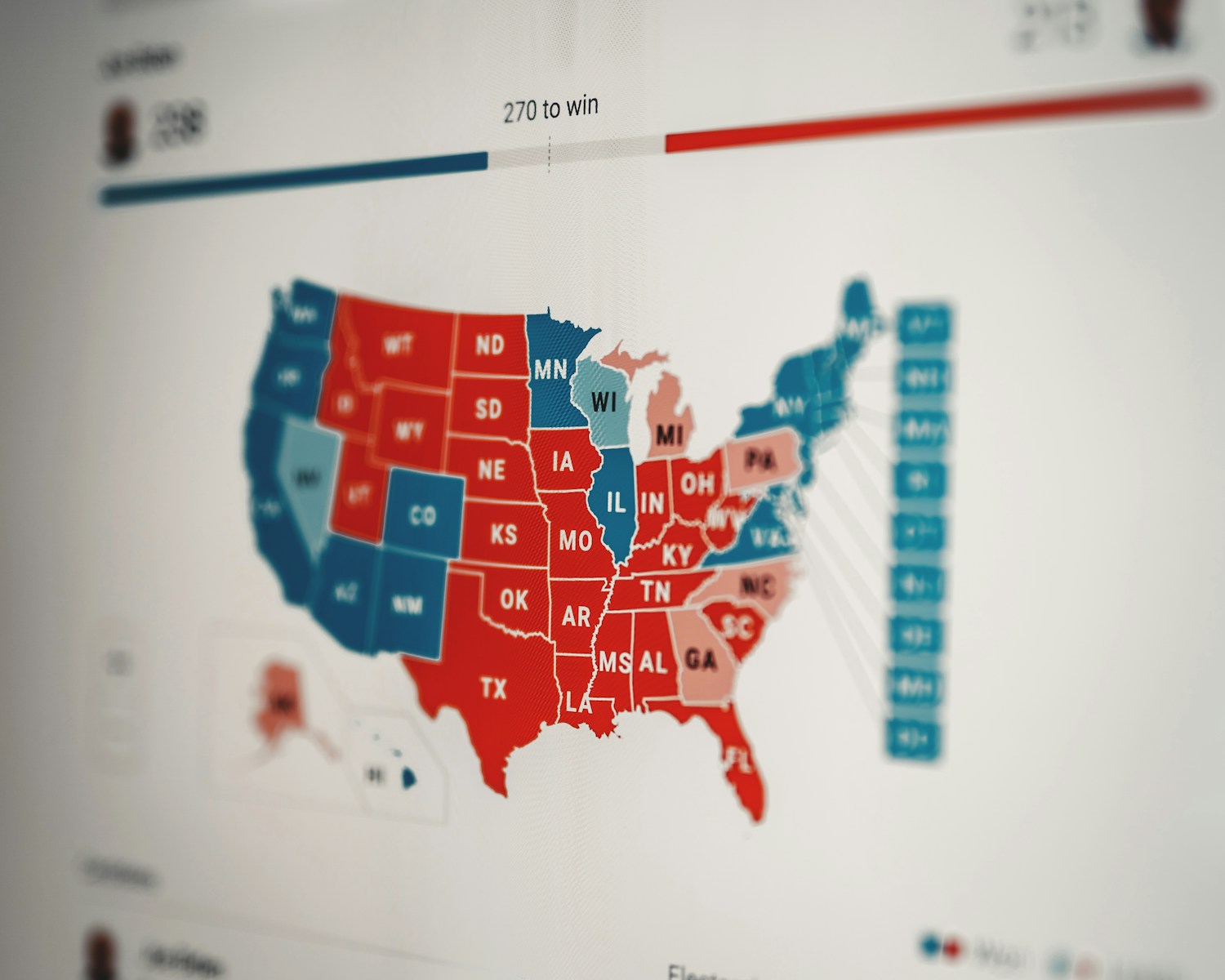The Congressional Budget Office (CBO) is under fire from top Republicans, including President Trump, for its assessment that the GOP’s signature policy bill could add $2.4 trillion to the federal deficit over the next decade. The Congressional Budget Office (CBO) was established in 1974 to provide lawmakers with objective information about the budgetary impacts of proposed legislation.
As Senate Republicans work on their priority legislation, there has been significant criticism aimed at the Congressional Budget Office (CBO). Sen. Rand Paul, R-Ky., called the CBO “government bean counters based on government rules, not market rules,” while President Trump labeled the agency as “Democrat controlled” on his social media site, Truth Social. However, the CBO’s work remains nonpartisan. The CBO serves as a counterbalance to the executive branch’s Office of Management and Budget.
It calculates the potential increase or decrease in revenues to the U.S. Treasury, as well as the expected changes in federal spending. Douglas Holtz-Eakin, who served as CBO director from 2003 to 2005, compared the CBO’s role to managing a complex household budget, emphasizing that the agency provides advisory cost estimates without making policy recommendations. Sometimes, the CBO’s estimates can be off, as seen with its underestimation of revenues following the passage of the 2017 tax bill by about $1.5 trillion—a discrepancy partly attributed to the unanticipated COVID-19 pandemic and high inflation.
CBO under scrutiny from Republicans
Despite these challenges, Jessica Riedl, a senior fellow at the right-leaning Manhattan Institute, maintains that the CBO is generally more accurate than critics suggest, though projecting the effects of tax changes on 330 million Americans is fraught with complexity. Both political parties have criticized the CBO over the years.
Democrats challenged their scores during legislative efforts on the Affordable Care Act and the Build Back Better Act. Holtz-Eakin noted that the only new development is the explicit involvement of the White House in the criticism. He reassured that the agency maintains strict rules limiting employees’ political activities and described it as embodying nonpartisanship.
In Washington, accusations of partisanship are inevitable. Holtz-Eakin pointed out that lawmakers often vent their frustrations at the CBO but acknowledge it’s not personal. When they receive a favorable score, they claim credit; when unhappy, they blame the CBO.
Despite the criticisms, the CBO’s function remains crucial in helping lawmakers understand the budgetary implications of their legislative decisions.







